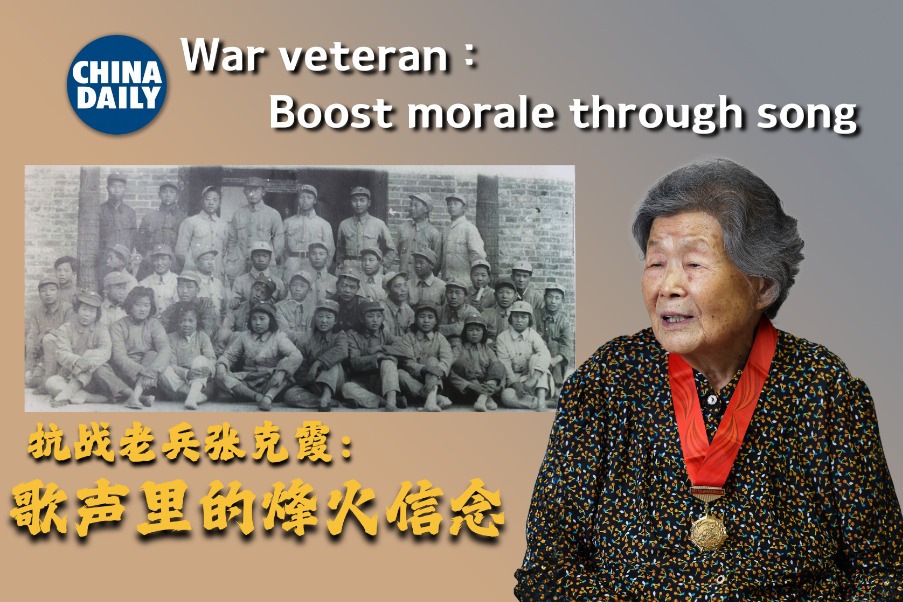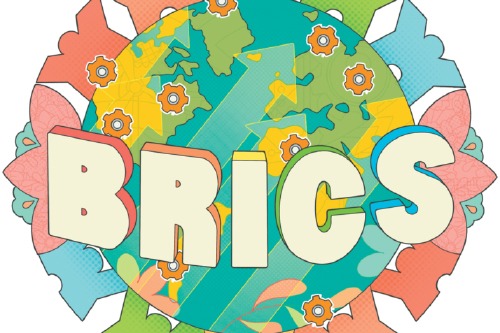WHO should lead war on pandemic


Speaking at the Extraordinary G20 Leaders' Summit on March 26, President Xi Jinping stressed that since the novel coronavirus outbreak is a formidable challenge to global public health security, it is imperative that the international community collectively fight the virus.
All G20 member economies agreed that the novel coronavirus would spare no country, and emphasized that the pandemic not only endangers global public health, but will also have unimaginable impacts on the global economy, finance and politics.
To meet this unprecedented challenge, therefore, the international community needs to put up a united front like never before. And to facilitate the much-needed multilateral collaboration to forge such a unity, the World Health Organization has and will continue to play its irreplaceable role as a global coordinator in the battle against the common enemy of humankind.
Comprising 194 member states, the WHO is the largest intergovernmental organization dedicated to safeguarding and improving global public health.
The Fourth World Health Assembly passed the International Health Regulations in 1951 to prevent the spread of diseases across the globe. Keeping in line with the increase in international trade and travel, and the emergence of new diseases and other public health hazards, the regulations have been constantly revised.
The 2005 International Health Regulations, which took effect in 2007, are aimed at preventing, controlling and taking public health response measures against the spread of diseases across the world in ways that are commensurate with and restricted to public health risks, yet avoid unnecessary interference in international traffic and trade.
While coordinating the work of global and regional medical and health institutions and networks, the Global Outbreak Alert and Response Network pools human and technological resources for rapid identification, confirmation and response to disease outbreaks that could threaten regional and global public health. The WHO makes full use of this global network to coordinate different parties' response to pandemics.
Since its founding in 1948, the WHO has declared two pandemics: the H1N1 flu pandemic in 2009 and the novel coronavirus pandemic on March 11, 2020. After the first case in China was detected in Wuhan, capital of Hubei province, scientists in China completed the genome sequencing of the novel coronavirus and shared the details with the WHO as well as other countries. So China was the first victim of and has been the "forerunner" in the fight against the outbreak.
Apart from notifying the WHO about the outbreak in Wuhan on Jan 3, China also fulfilled its responsibility of sharing with other countries its experience of combating the outbreak and established an online novel coronavirus knowledge center, open to all, to make public the latest information on the control, prevention and treatment of the disease.
The WHO has paid close attention to and offered strong support for China's control and prevention efforts, with WHO Director-General Tedros Adhanom Ghebreyesus himself visiting China on Jan 26. From Feb 16 to 24, a WHO expert team conducted an "on-site investigation" of the outbreak in China. And the global health body's report affirmed and praised China's fight against the epidemic while calling on other countries to seize the precious window of opportunity that China, by virtually confining the outbreak to Hubei, had gained for them so they could prepare to tackle the health emergency.
Also, the United Nations Foundation launched the COVID-19 Solidarity Response Fund for the WHO in partnership with the Swiss Philanthropy Foundation.
Confronted with the severest global public health crisis, the WHO could and should play its leading role in coordinating the responses of different countries. Since it shoulders the responsibility of safeguarding 194 member states' health interests, the WHO is best suited to form a global alliance in the fight against the virus and thus help its members to build a healthy community with a shared future.
Rising above the disputes between countries, and upholding science, neutrality and humanity, the WHO can provide effective and reliable guidelines, and coordinate and supervise the relief resources and technical assistance provided by different countries to bring the disease to heel.
The author is the dean of, and a professor at, the School of Public Health, Peking Union Medical College. The views don't necessarily represent those of China Daily.


































